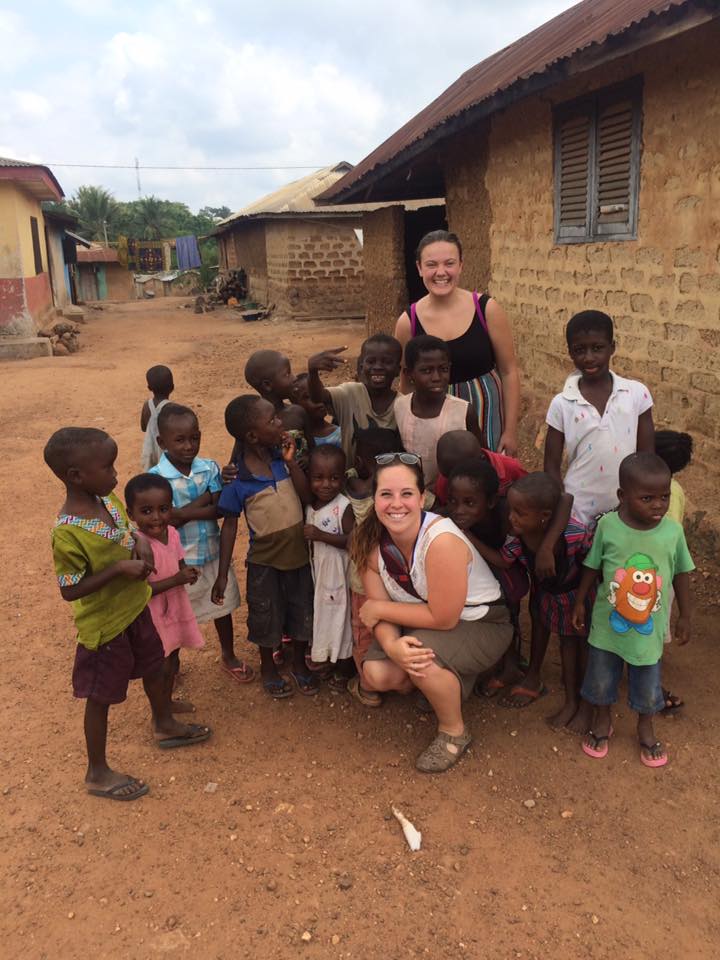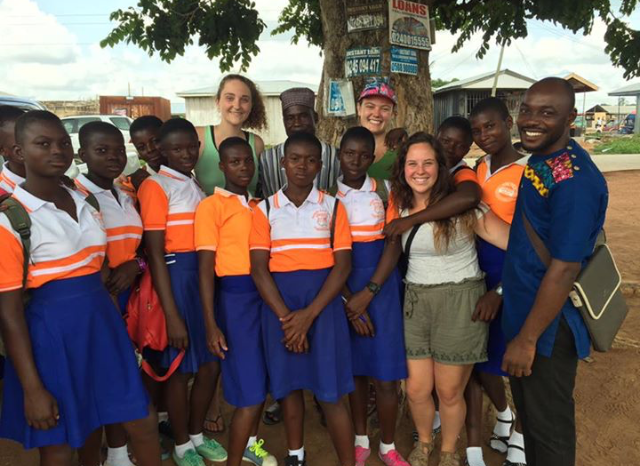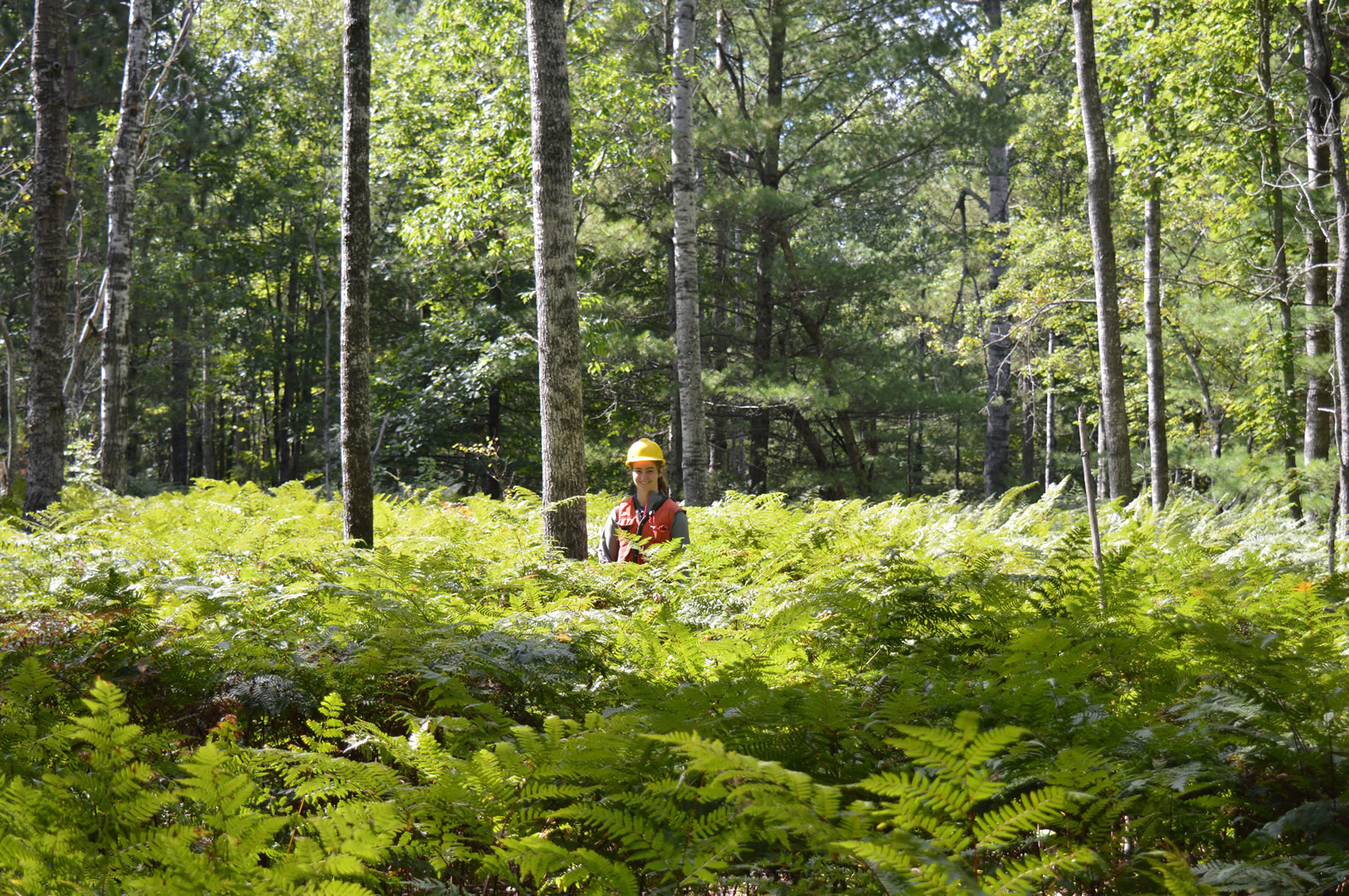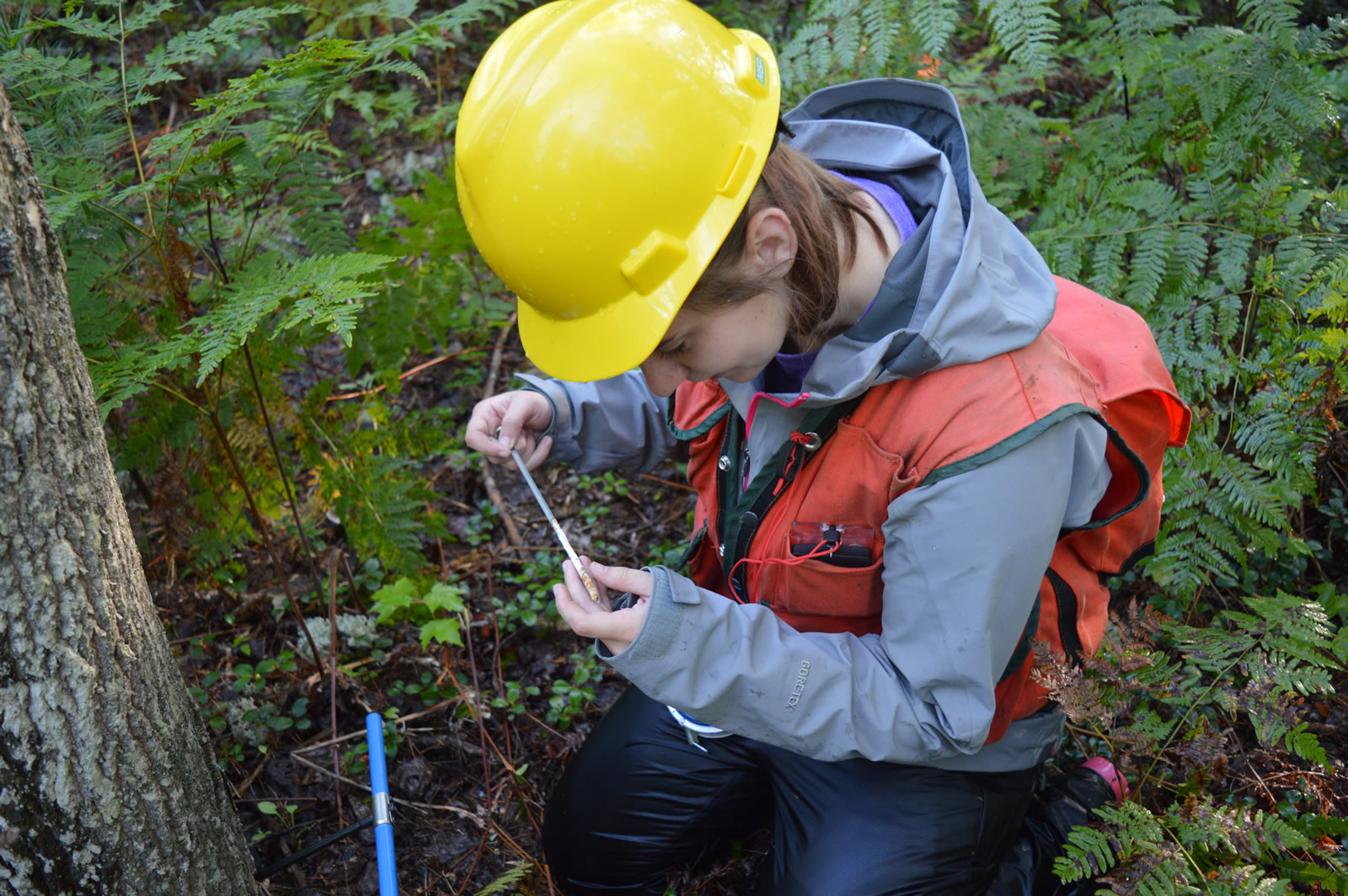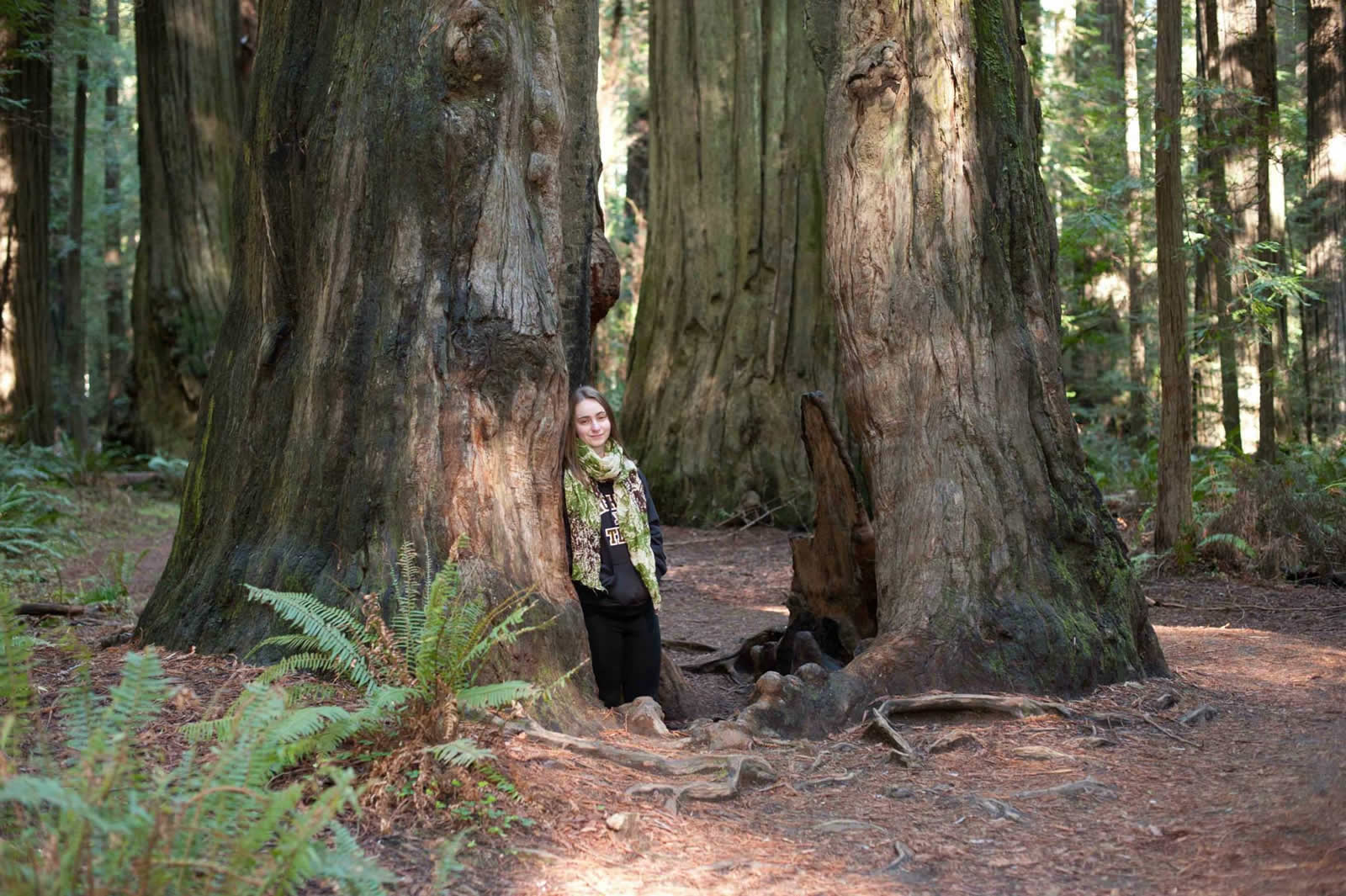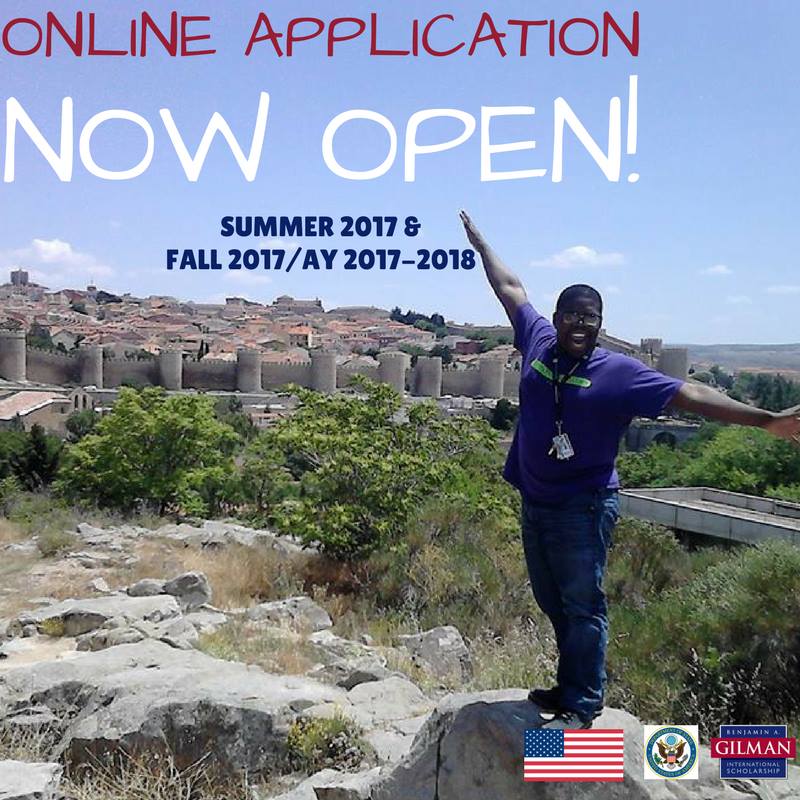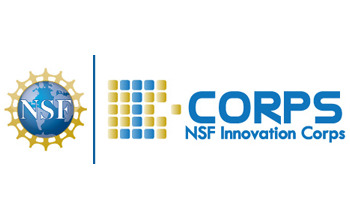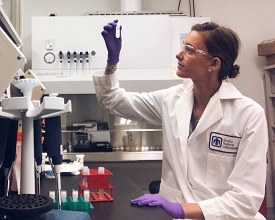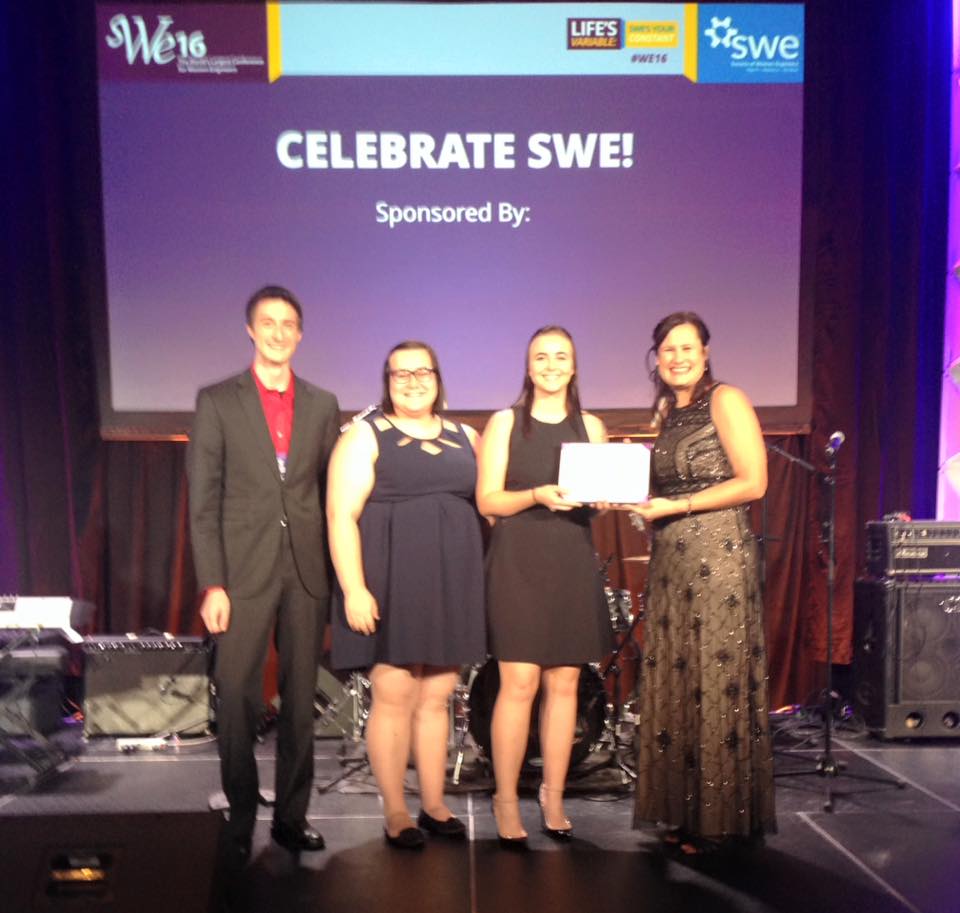By Amy Karagiannakis
More than 1000 students in Enterprise and Senior Design showcased their work last Thursday at Design Expo and competed for awards. A panel of judges, made up of distinguished corporate representatives and Michigan Tech staff and faculty members, critiqued the projects. The College of Engineering and the Pavlis Honors College is pleased to announce the following winners.
Black&Veatch Building a World of Difference® Student Design Awards:
Senior Design Awards (based on poster)
1st place: BME – Enhanced Measurement and Analysis of Gait Disturbances – Aspirus
2nd place: MSE – High Pressure Die Casting Vent Optimization – Mercury Marine
3rd place: BME – Customizing Transcatheter Nitinol Stents for Treatment of Hypoplastic Left Heart Syndrome in Infants – Spectrum Health
Senior Design Honorable Mention
ME-EM – Improved Inline Component Cleaning System – MacLean-Fogg
ME-EM – Snowmobile Chassis Magnesium Component Design – Polaris
BME – Blubber-Only Implantable Satellite Tracking Device for Humpback Whales
Enterprise Awards (based on poster and presentation)
1st place: Consumer Product Manufacturing Enterprise
Tie for 2nd place: Formula SAE & Wireless Communication Enterprise
3rd place: Aerospace Enterprise
Ann Arbor SPARK Design Expo Image Contest:
1st place: Formula SAE Enterprise
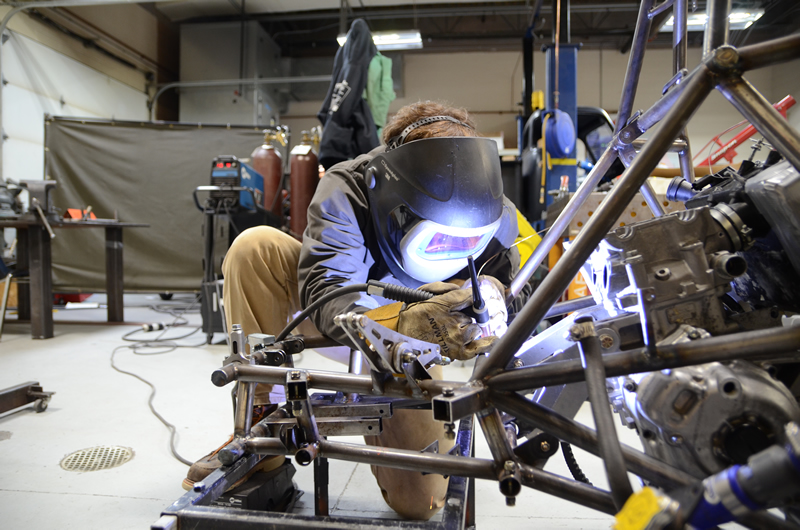
2nd place: Customizing Transcatheter Nitinol Stents for Treatment of Hypoplastic Left Heart Syndrome in Infants
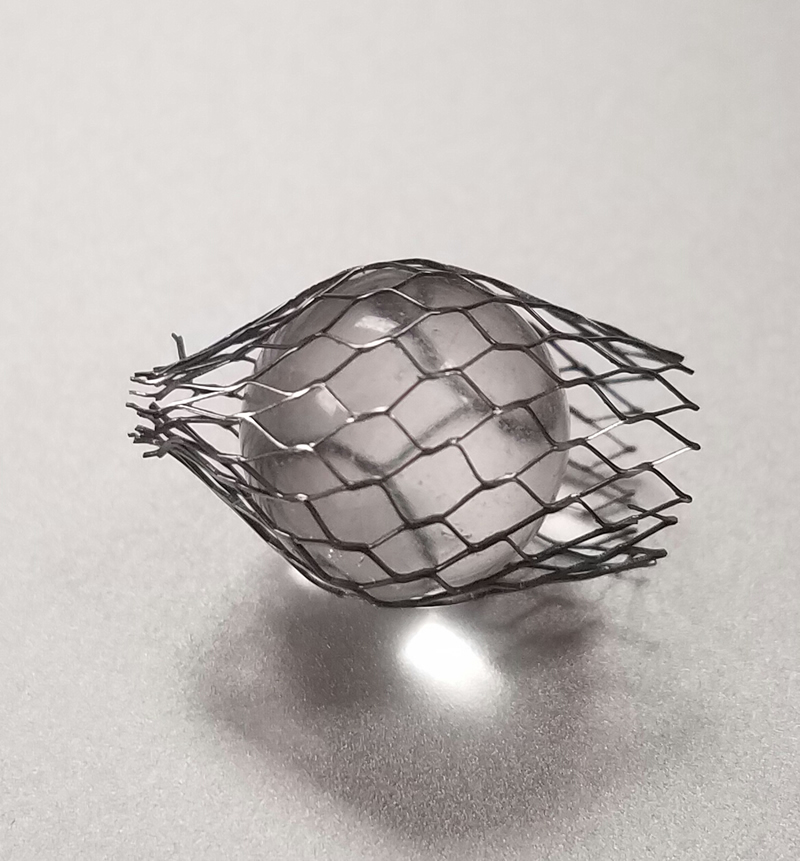
Pavlis Honors College Innovation Center for Entrepreneurship Innovation Award:
1st place: BME – Customizing Transcatheter Nitinol Stents for Treatment of Hypoplastic Left Heart Syndrome in Infants
2nd place: BME – Instrumentation of Manual Medical Devices
3rd place: BME – Posture Correction Device with Haptic Feedback for Parkinson’s Disease
Congratulations and thanks to ALL teams for a very successful Design Expo 2017!

